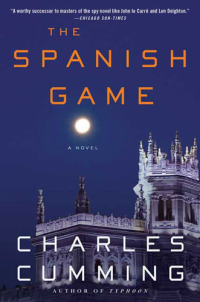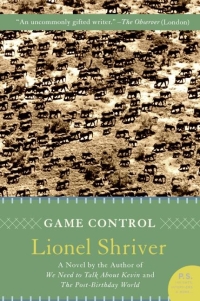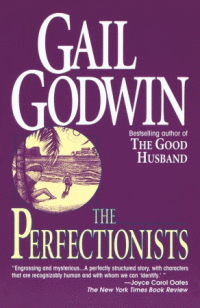The Spanish Game by Charles Cumming
 Monday, February 28, 2011 at 6:20PM
Monday, February 28, 2011 at 6:20PM 
Published by St. Martin's Press on November 25, 2008
Alec Milius, who made his debut in A Spy By Nature, returns to action in The Spanish Game. Six years have passed since the events described in A Spy by Nature and Milius is still worried that the CIA and the SIS are out to get him. After bouncing around the world, Milius has come to an uneasy rest in Madrid where he does freelance intelligence work for a private British bank. His boss, Julian Church, sends him to San Sebastián to determine whether Basque unrest will have an impact on business development in the region. Julian puts Milius in touch with an old friend there, a Basque politician named Mikel Arenaza. When Arenaza goes missing after arranging to meet Milius again in Madrid, Milius is drawn back into the world of espionage while investigating his disappearance.
I suspect some readers won't like this novel because they won't like Milius. He is self-centered, obsessively paranoid (perhaps with reason, but that makes him no less unlikable) and a bit amoral (even sleezy). None of that bothered me. I don't need to like the characters in order to enjoy a novel, so long as the characters and story are interesting. If you're looking for a morally pure or likable hero, however, you should probably pass this one by. Having said that, it's only fair to point out that at the end of this novel, as was true in A Spy By Nature, Milius shows himself capable of remorse, if not change.
Other readers won't like this novel because they're looking for more action or less ambiguity. You don't get thrilling chases, gunplay, explosions, high tech weaponry, or nonstop action in a Cumming novel. You don't get larger than life, morally pure good guys or cartoonishly evil bad guys. Instead, Cumming gives you an intelligent, credible plot and interesting, ethically challenged characters. That's not to say that the novels are dull or that they lack action. In The Spanish Game, the story develops slowly, piece by piece. The pace begins to quicken at the novel's midway point as the pieces begin to cohere, and there's quite a bit of action by the end, but Milius spends more time thinking than fighting. The novel has some elements of a mystery as the reader, along with Milius, tries to understand the relationship between the major players. As in any good mystery, the ending came as a complete surprise to me, and a very satisfying one.
The Spanish Game departs from the conventions of the typical spy novel by centering the conflict around Basque terrorists (or liberationists, as you prefer), about whom I knew little before reading the novel. I was drawn into the story and even started to feel a bit of sympathy for Milius. Cumming writes well, bringing a literary quality to his prose that, while falling short of Le Carre, is a pleasure to read. This is a better novel than A Spy By Nature, although not quite as good as his second novel, The Hidden Man (an espionage novel that doesn't feature Milius).
RECOMMENDED
 TChris |
TChris |  Post a Comment |
Post a Comment |  Charles Cumming,
Charles Cumming,  spy in
spy in  Thriller
Thriller 


